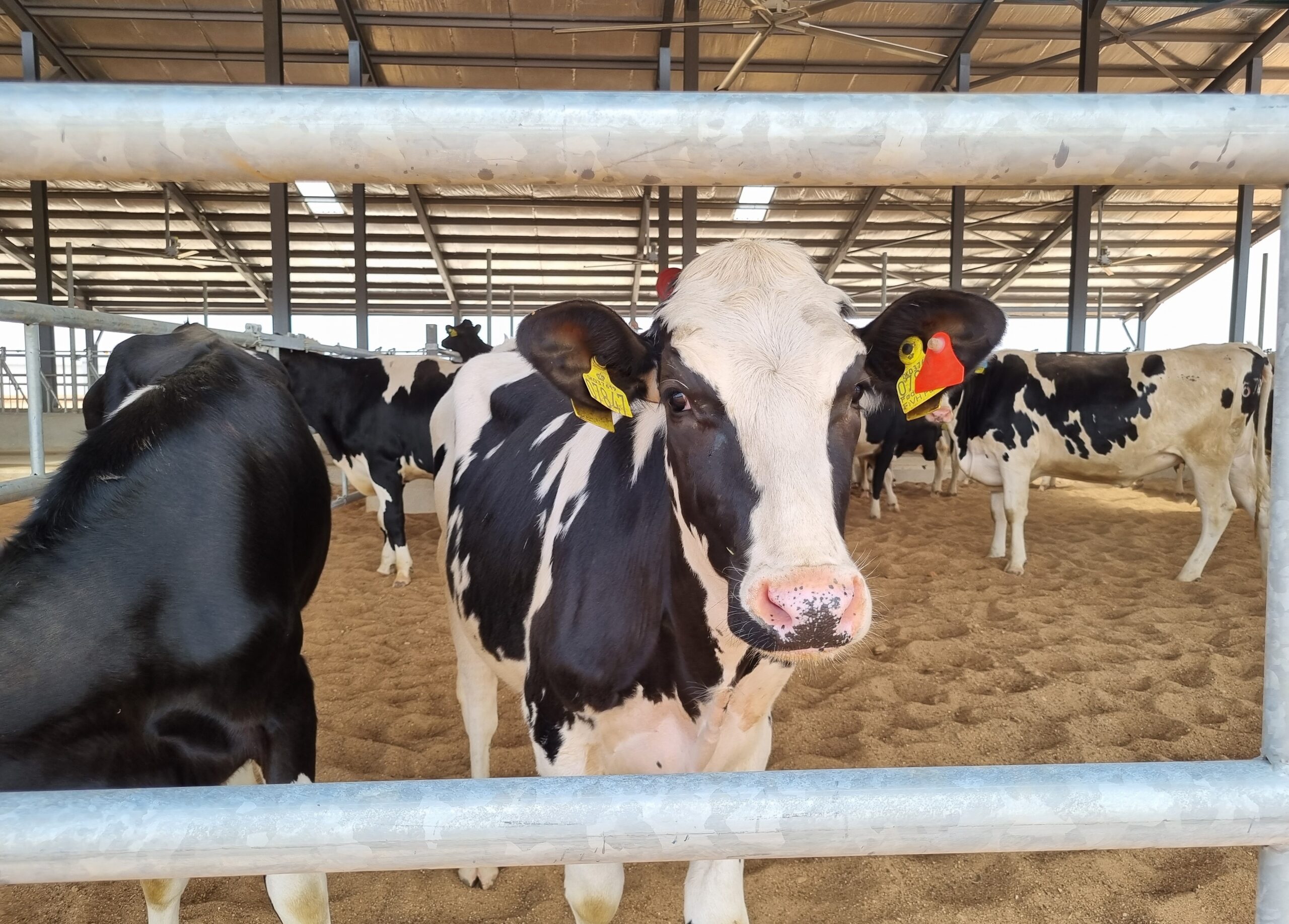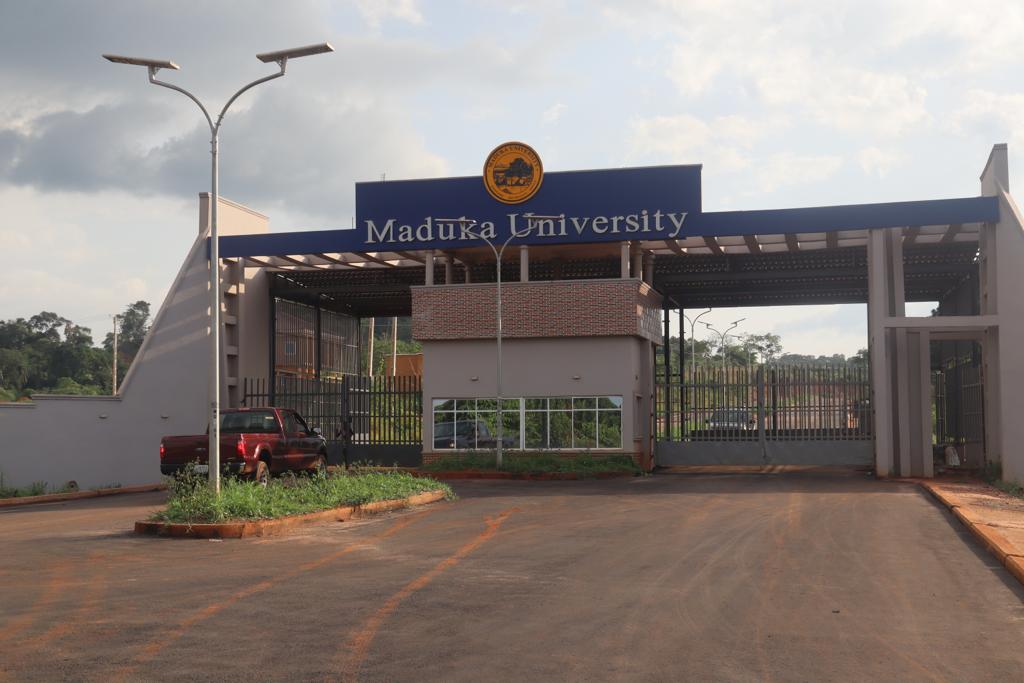NNPC Ltd charts the path to consolidating gains, maximising capacity, unleashing potential, and spurring growth while igniting the optimism of stakeholders by providing updates on triumph over adversity in recent months.
The Bayelsa state capital Yenagoa was agog with Captains of the Nigerian Oil and Gas Industry for the fourth edition of the Nigerian Oil and Gas Opportunity Fair. NNPC Limited was well represented at the event, with Group Chief Executive Officer Mallam Mele Kyari OFR in attendance to deliver a resounding Industry Address urging partners to be deliberate about growing our gas footprint, while reminding the audience of the connection between energy availability and economic prosperity.
In the midst of the pomp and pageantry, key messages from NNPC Ltd. stood out as the key takeaways for industry stakeholders in attendance. The message from NNPC Ltd was resounding, the opportunities are numerous, and with the sustained drive to attain the milestones of 1.8 million barrels per day in July 2023 and spur growth to achieve a target of 2 million barrels per day by December 2023, more opportunities are in the pipeline.
The NNPC Ltd Chief Upstream Investment Officer, Mr Bala Wunti, in his regular style of energising investors and stakeholders alike, gave key updates while speaking as a discussant at the first opportunity session focused on Upstream opportunities.
Mr Wunti dwelled on the successes recorded in the last twelve (12) months as a panacea for growth and unlocking opportunities in the Nigerian Upstream Oil and Gas Industry. In his address, after painting the global scenario of energy transition versus energy security and the effects on the global energy supply chain, he intricately established the nexus between the challenges faced by the Nigerian Oil and Gas Industry prior to the 2022 production output dip, the response to the challenges, and the implications for the Nigerian economy. In his words, ‘We have seen the worst, lessons have been learnt, and the solutions are being institutionalised to ensure we never see a repeat’.
Leading up to the production output dip in 2022, a trilemma of challenges confronted the industry. These were uncertainties around fiscals, security challenges, and upstream cost of production.
The enactment of the Petroleum Industry Act (PIA) 2021 and its implementation effectively ended the fiscal uncertainties and empowered the newly established institutions to discharge their mandates effectively. A major talking point in the industry has been the remarkable achievement by NNPC Ltd. through NUIMS to clear huge backlogs of Cash Call debt, over US$3.8 billion owed to Joint Venture (JV) partners.
Under the guidance of forward-thinking leadership and a series of strategic initiatives, NNPC Ltd. leveraged its financial autonomy derived from the PIA to work out and execute a payment plan for the cash call debt while balancing its energy security obligations to the nation.
This, by no small means, re-energised the JVs to recalibrate their focus towards sustaining production and increasing their spending to procure the necessary services required to do so.
The response to the security challenges was deploying the industry-wide security architecture. NNPC Ltd sought and obtained Presidential approval to rally stakeholders to implement a holistic hydrocarbon infrastructure security architecture to tackle the issue of crude oil theft and vandalism of oil and gas assets.
As designed and operationalised, the architecture comprises Government Security and Intelligence Agencies (GSIAs) supported by Private Security Contractors (PSCs) drawn from the Host Communities with vast knowledge of the terrains and the Communities.
The security operations are monitored and coordinated from a central command and coordination centre that leverages state-of-the-art technology to detect illegal activities and escalate to the front line for swift response in a timely, cost-efficient, and effective manner. Barely fourteen (14) months after the initiative’s launch geared towards detecting infractions, deterring, responding, and recovering, the results have been nothing short of remarkable.
Finally, to address the Upstream Production Cost, the Nigerian Upstream Cost Optimization Program (NUCOP) was launched to bring synergy amongst upstream payers in the Country to drive down costs. Progress has been recorded with improvements in the contracting cycle and co-sharing of services amongst upstream operators.
In rounding up his remarks at the opportunity session, Mr Wunti stated that the drive to broaden local content and develop capacity in the upstream industry is non-negotiable. He urged all stakeholders not to relent as the opportunities abound, and many more are lined up with an expected uptake in drilling activities, demand for line pipes, and consumables essential for growing production output.
Economic and social benefits will accrue to the nation for every incremental barrel of production as the industry is central to our economy.
Key elements are in place to sustain the current trajectory with the colossal cash call debt burden settled and a sustainable framework to ensure timely payments going forward, a firm industry-wide security arrangement in place, and the resolve to drive down the cost of production.
This, no doubt, represents massive opportunities for all stakeholders. Direct and indirect jobs will be created, contractors and suppliers will get busier, and the benefits will transcend beyond the industry to other sectors of the economy.
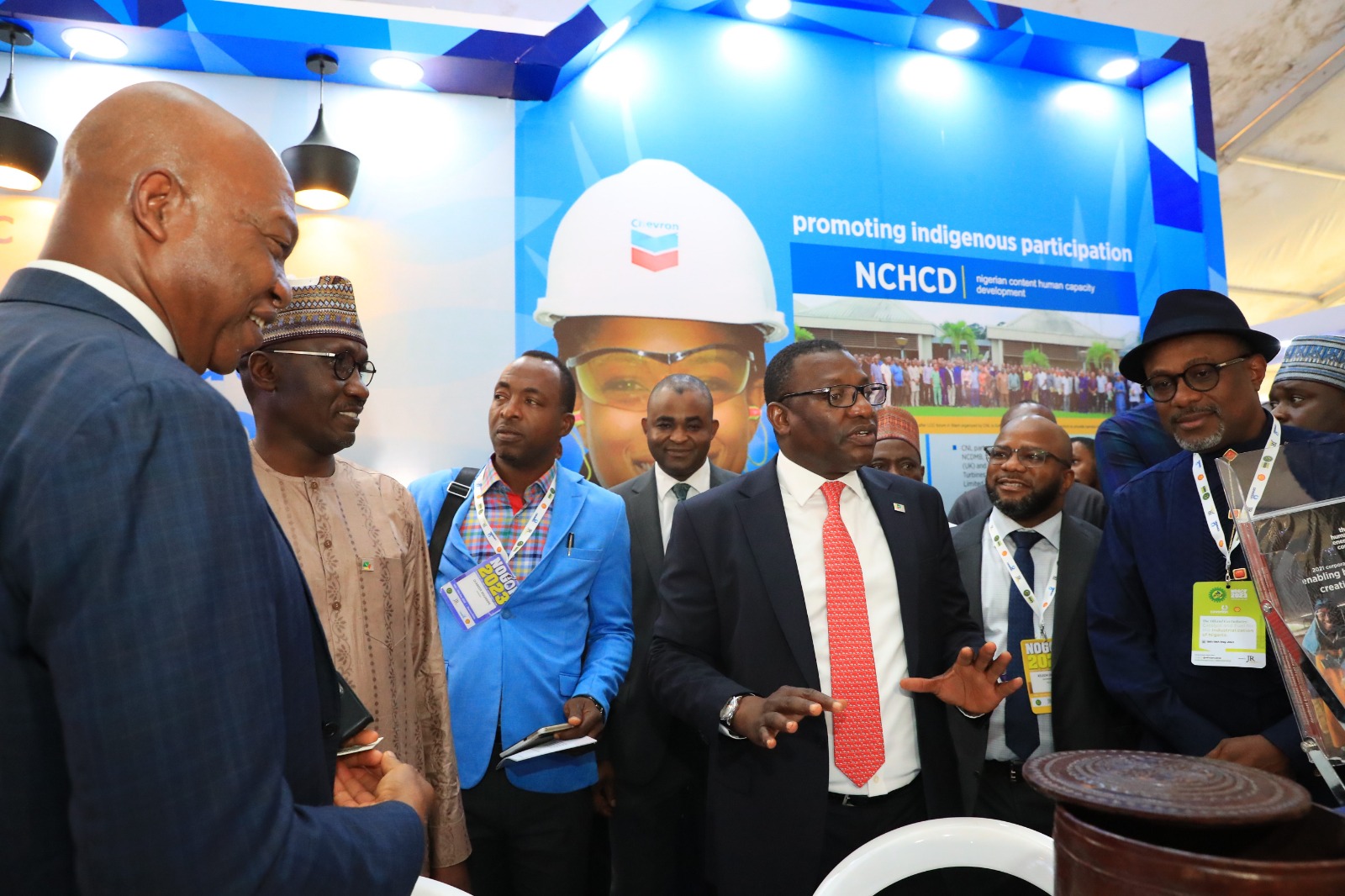
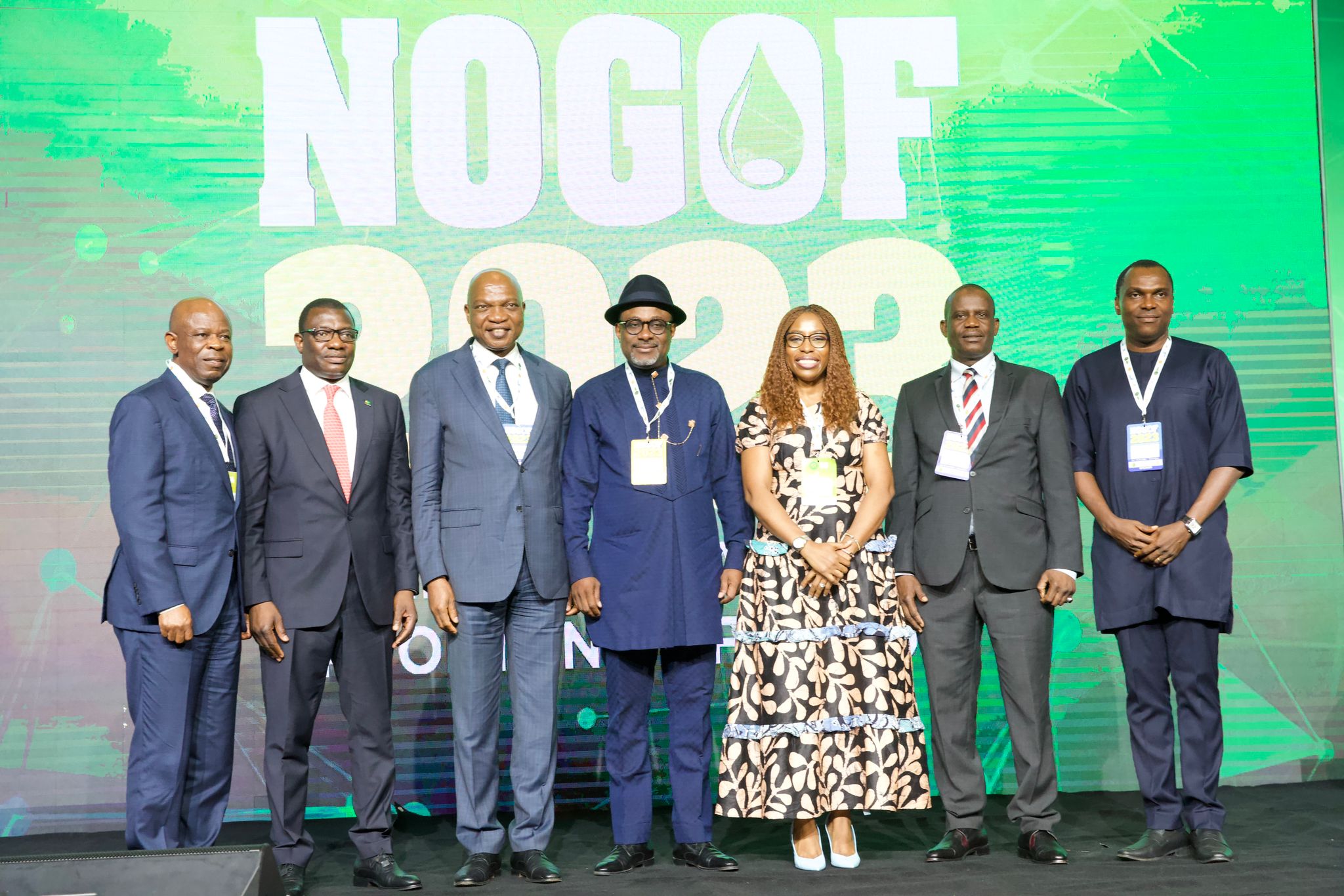

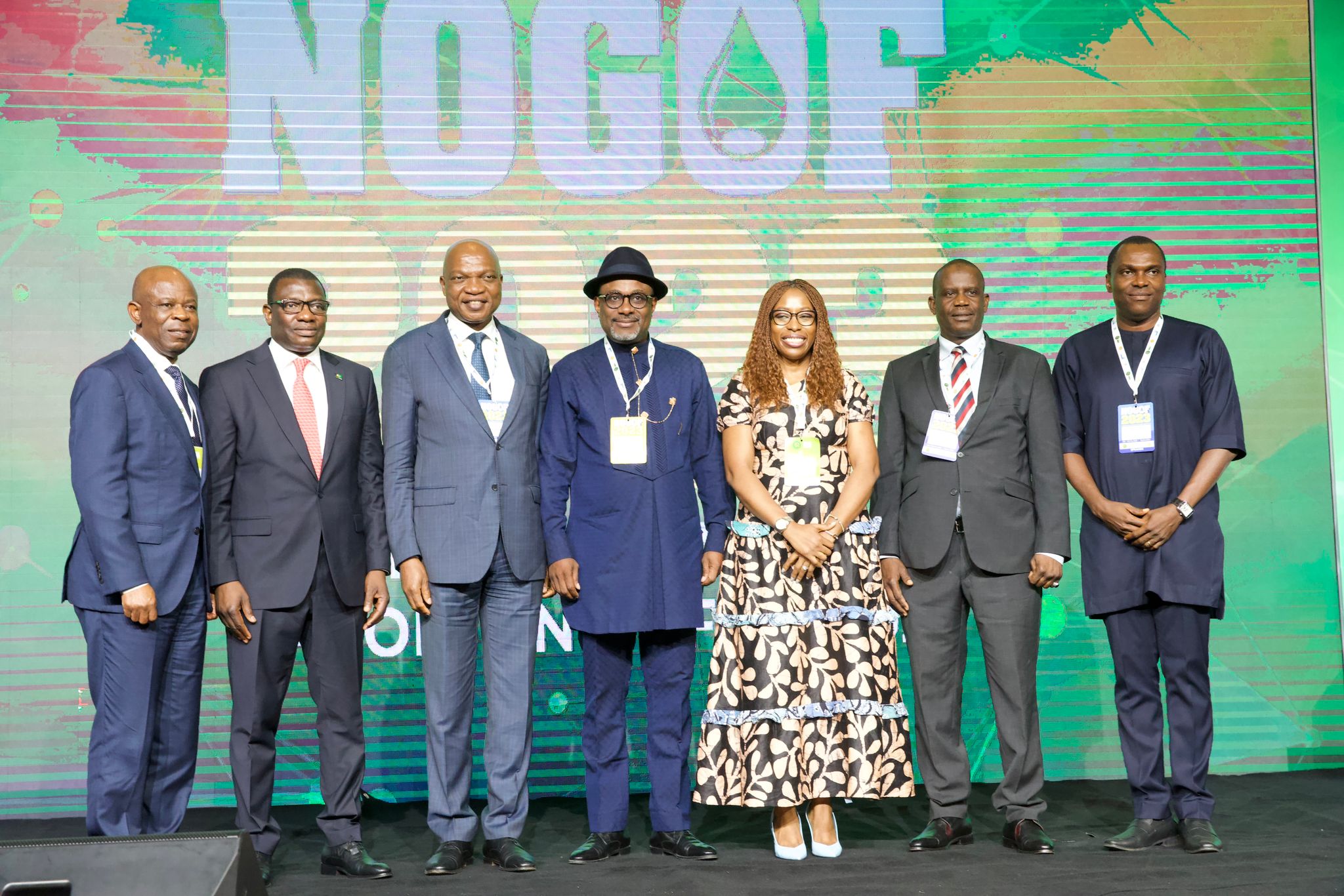

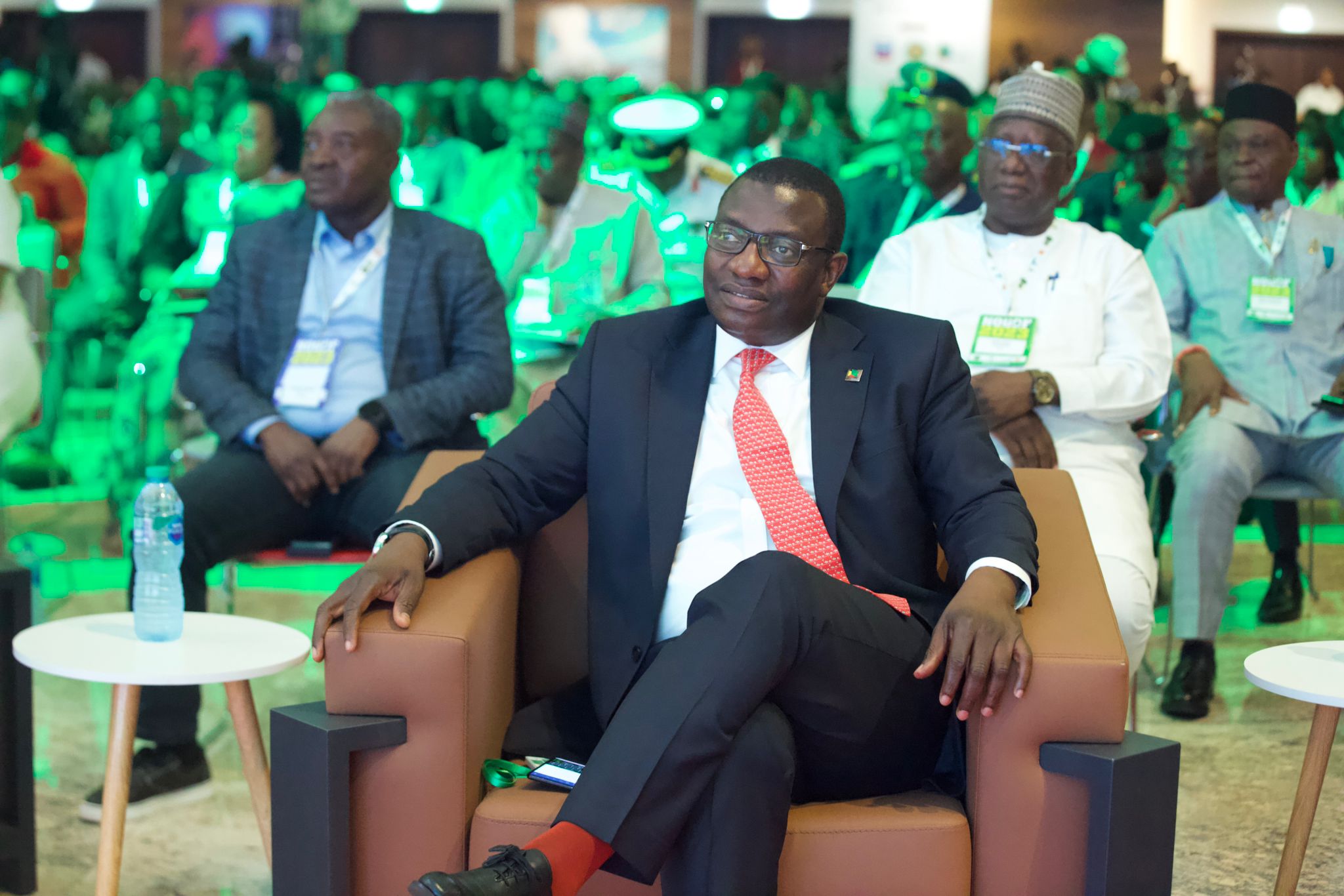

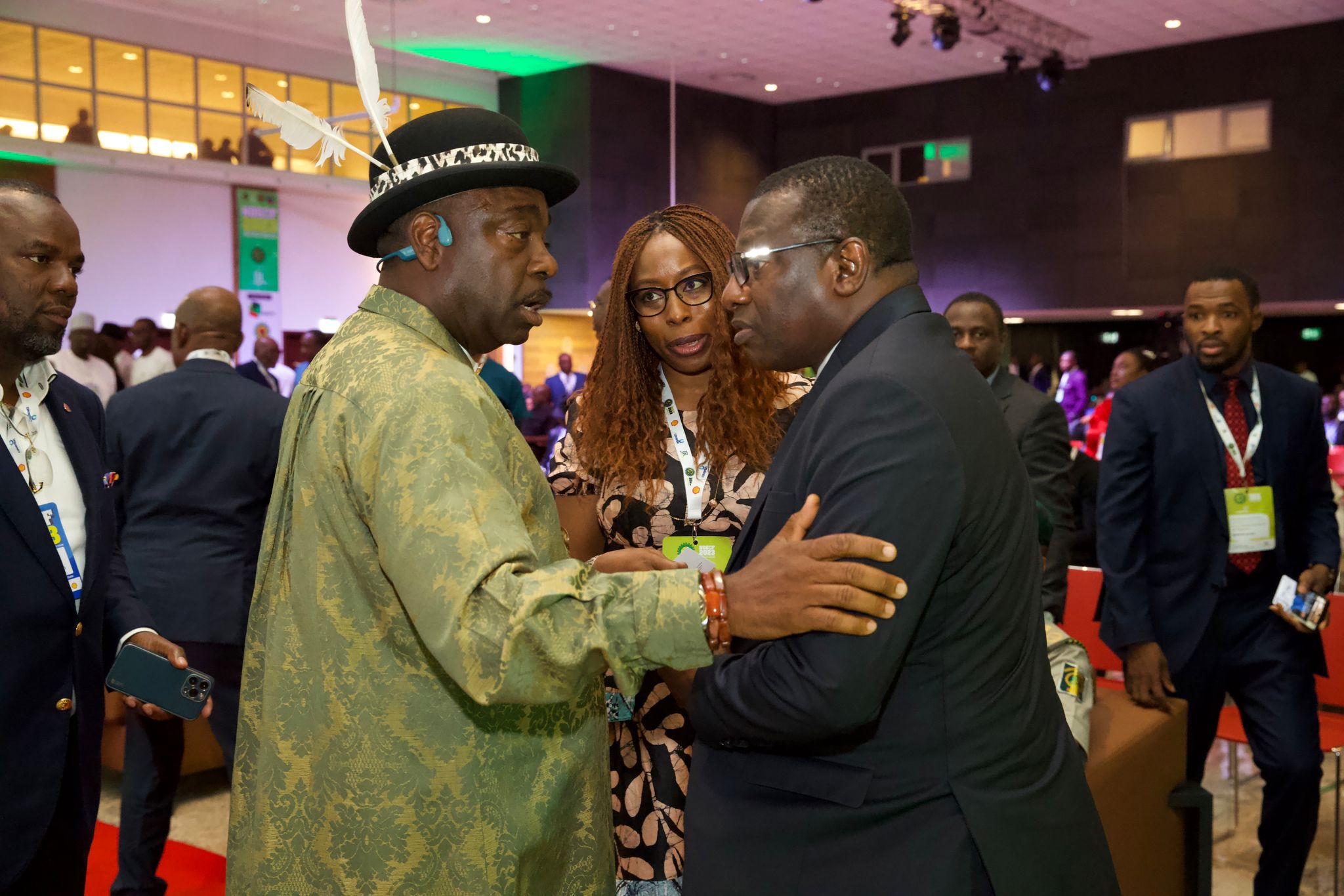


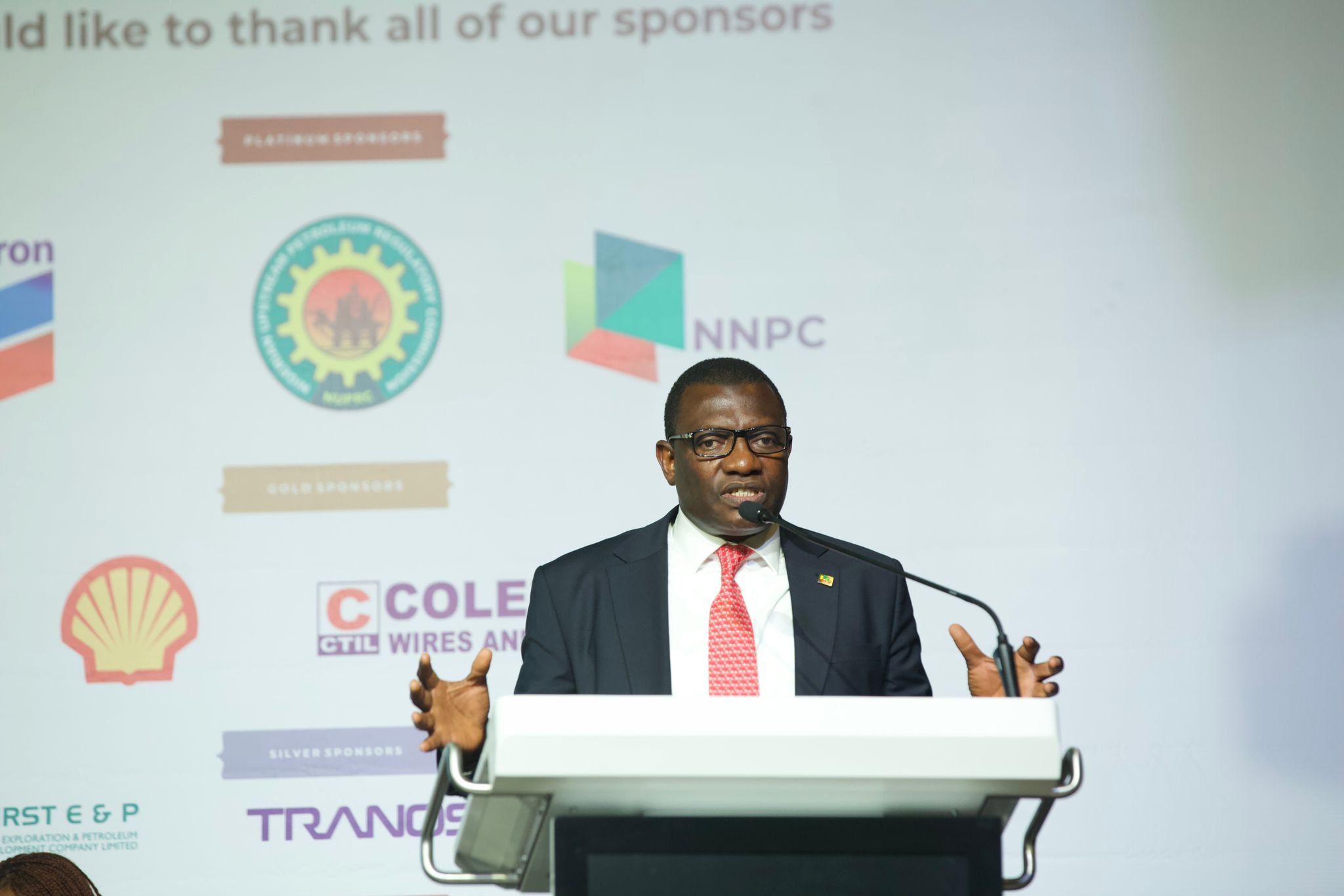

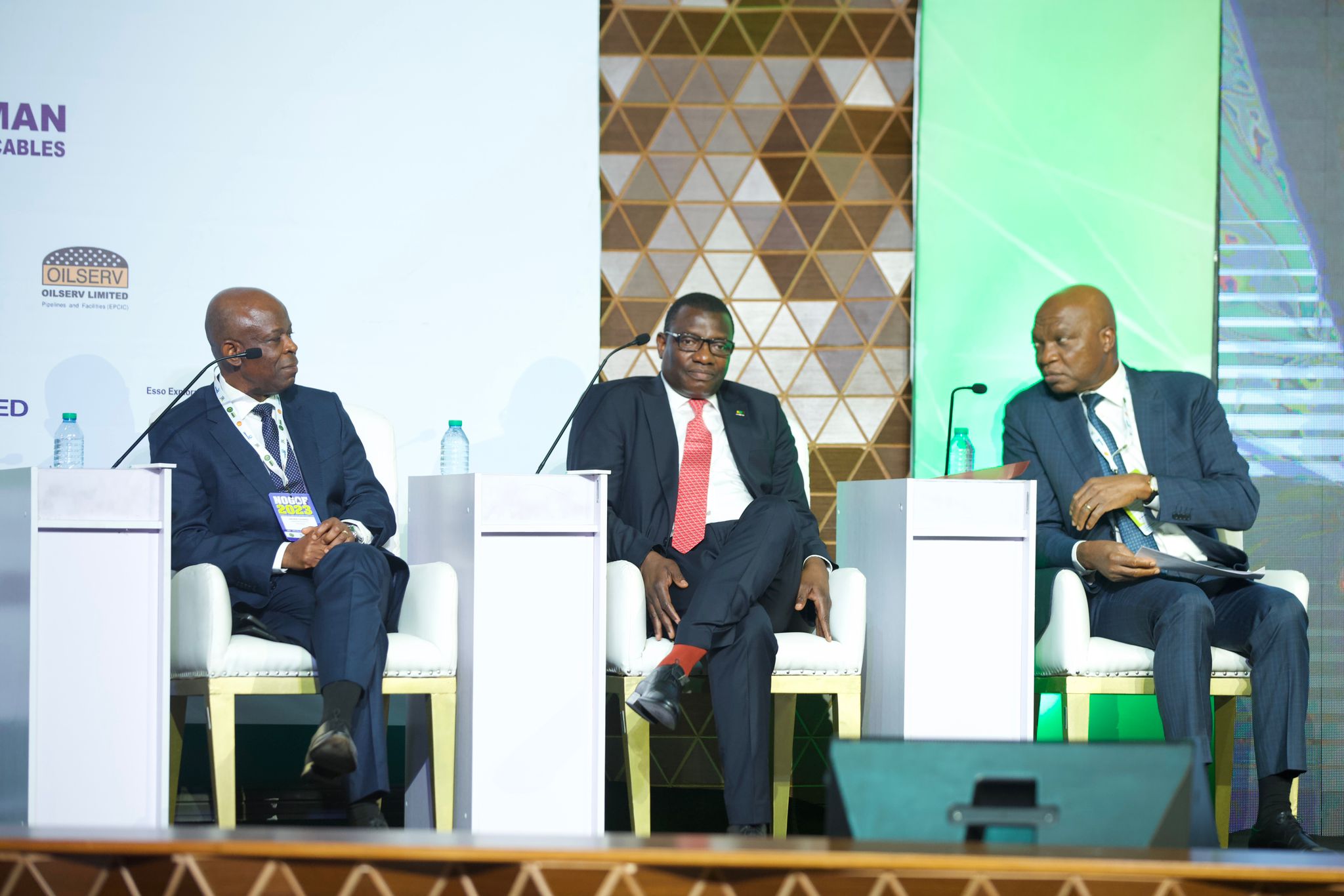
Add a comment

